Why Young Adults Need to Stop Reading YA Fiction
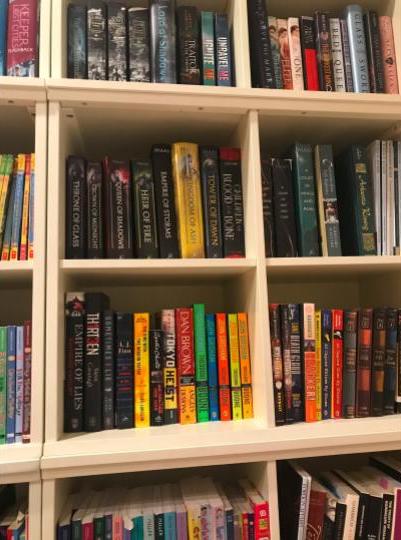
A collection of one teenager’s favorite books.
Some of my favorite books of all time were about characters, particularly females, who were morally ambiguous and had a tendency to pursue their goals ruthlessly.
With this in mind, I am constantly researching books that meet this standard. The problem is that there are not enough “anti-heroines.” Many adult fiction from classics such as The Lord of the Rings to Mark Lawrence’s Prince of Thorns contains male protagonists and antagonists. This is why I picked up young adult (or YA) fantasy because their characters are often more diverse – the whole genre tends to be pretty progressive.
However, I now find that I detest most young adult fantasy. While there are a few notable exceptions, the YA genre does not deserve to be called literature, rather a profitable, asinine pit that indoctrinates today’s youth by its promotion of a mutated, unrealistic sense of romance. It wounds me when I hear my peers call themselves readers and then proceed to hold up their well-worn copy of “The Red Queen,” “The Selection,” and other “books.”
The first problem that deserves to be acknowledged is the quality of the writing. YA fantasy is wildly overdramatic, spilling pages of prose and description of the main character’s angst – the main character who often is an angsty, overwrought teenage girl, moony and in love with a perfectly gorgeous stranger. Working through the emotional turmoil of losing at least a parent, friend, or sibling, this main character who does not know she is beautiful finds a way to save the world. Unfortunately, the plot usually gets thrown aside in favor of the forbidden, sexy romance.
I cannot stand the poor writing and overall thin plots that accompany most YA fiction.
One of the most important qualities of a good book to me is the character. There is nothing better than an independent, strong, and intelligent character. I look for character growth and development throughout stories. The problem with YA fiction is that the authors often try to create this female character who is powerful and brave. But, instead of showing and supporting these characters’ “supposed” strengths with actions, they simply tell the reader that those traits are there. In the moments that matter, male characters often are much more important and useful. The female characters are emotional, dramatic, and entirely consumed by the romance in the story.
Another issue is the pretend “progressiveness” of these books. The way that YA tries to inculcate its audience with these pathetically absurd philosophical messages about race, inequality, class, and even moral systems is obvious, patronizing, and honestly, degrading. Time and time again YA spills these messages of acceptance, love, class, money, and more when the cast of characters is white and straight. It is quite hypocritical and tends to work against what the author tries to do. Even when there is a diverse cast, they tend to be one-sided characters or fit the stereotype of their culture perfectly: the flamboyant gay person, the intelligent Asian, the angry black woman.
Finally, the romance aspects of most YA fantasy are examples of toxic masculinity, emotional and physical abuse, and blatant misogyny. Male characters are portrayed as “alphas,” men who do absolutely everything to control and keep their women. It would be different if these books used these characters as ways to show girls the dark side of romance, but instead, these men are celebrated and admired. Even when the men are not borderline abusive, romance always finds a way to take the spotlight of the story away from the plot. It is tiresome to read books titled “epic fantasy” only to read yet another story about a girl falling for a boy that is just not right for her.
These are the reasons why I have made an active choice to avoid YA novels. I hope that these trends will change – there does seem to be an effort to diversify casts more. But the core of the issues remain unfixed, so, until they are, I recommend readers to steer clear.
Avery Ngo is a Segerstrom senior and the editor-in-chief of The Jag Journal. She’s a book addict and enjoys every genre but sci-fi, especially fantasy,...

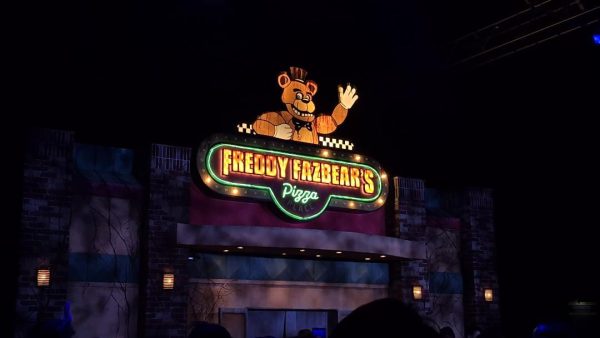
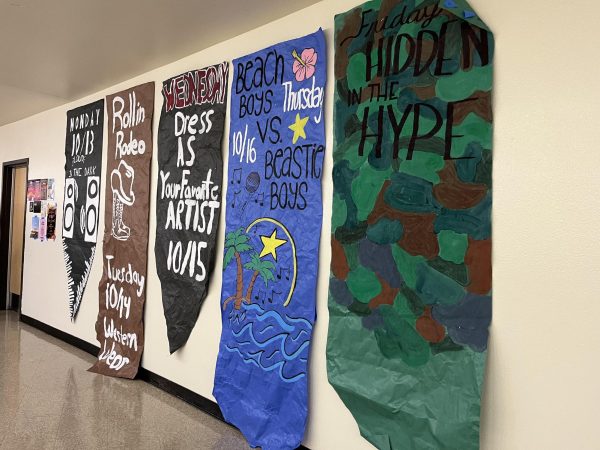
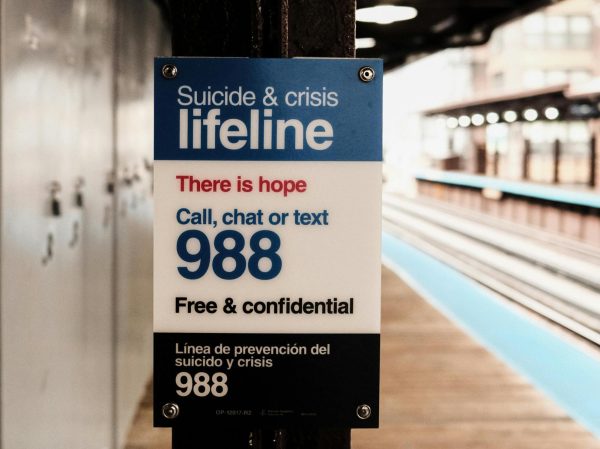
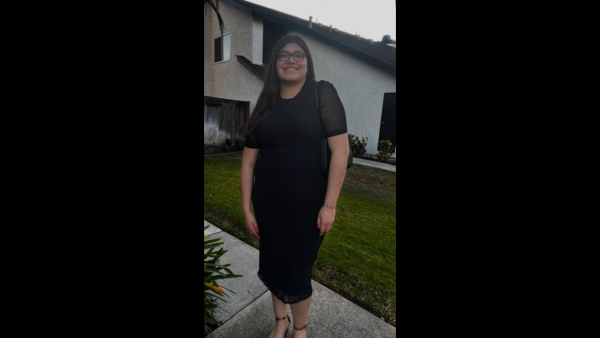
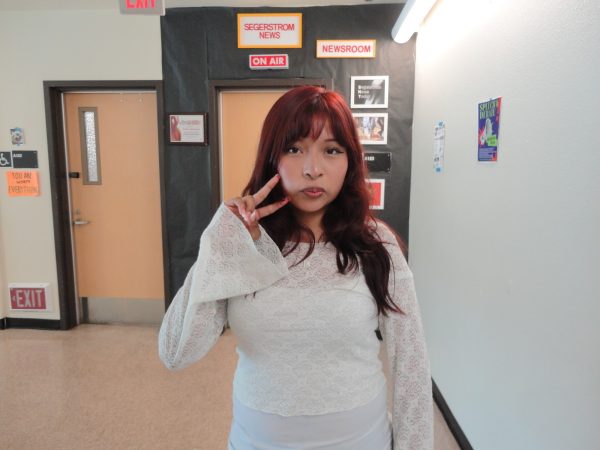

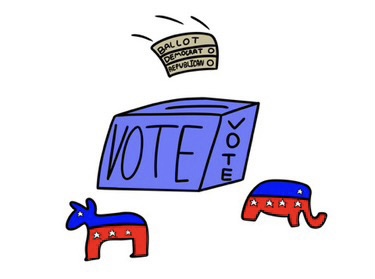


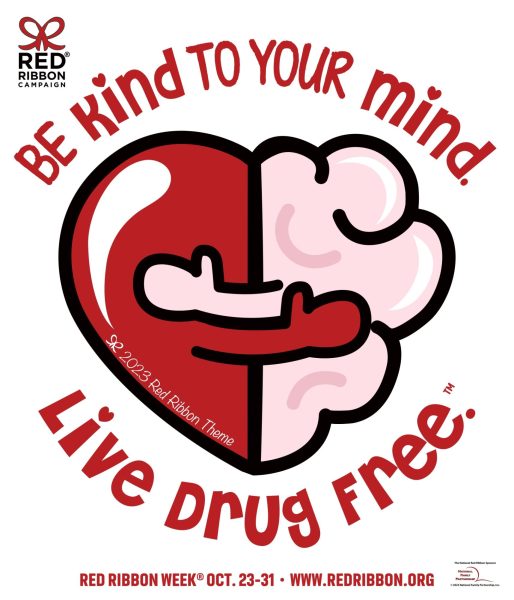
Margaret Segalla • May 28, 2020 at 8:45 pm
I really have to agree with most of what you have written – and love that you have the courage to write this. Sometimes, when reading YAF, I think I can feel brain cells dying as I read. And, to be truly forthcoming, we (you and I) might be literary snobs (unapologetic, to be sure)! However, as a teacher, I have learned that readers are all at different places in their literary journey and being respectful and patient with those whose tastes may not be the same as mine is critical; it’s also nice to be inviting and respectful to those whose tastes differ from my own. In the end, if YAF gets kids reading…IT’S GREAT! Once their tastes develop, they may move on to more “sophisticated” literary works but, honestly, if they read at all, it’s GREAT! Thanks for this great article. What’s on your reading list, btw? I just started “Stamped” by Jason Reynolds and Ibram X. Kendi. It’s excellent!